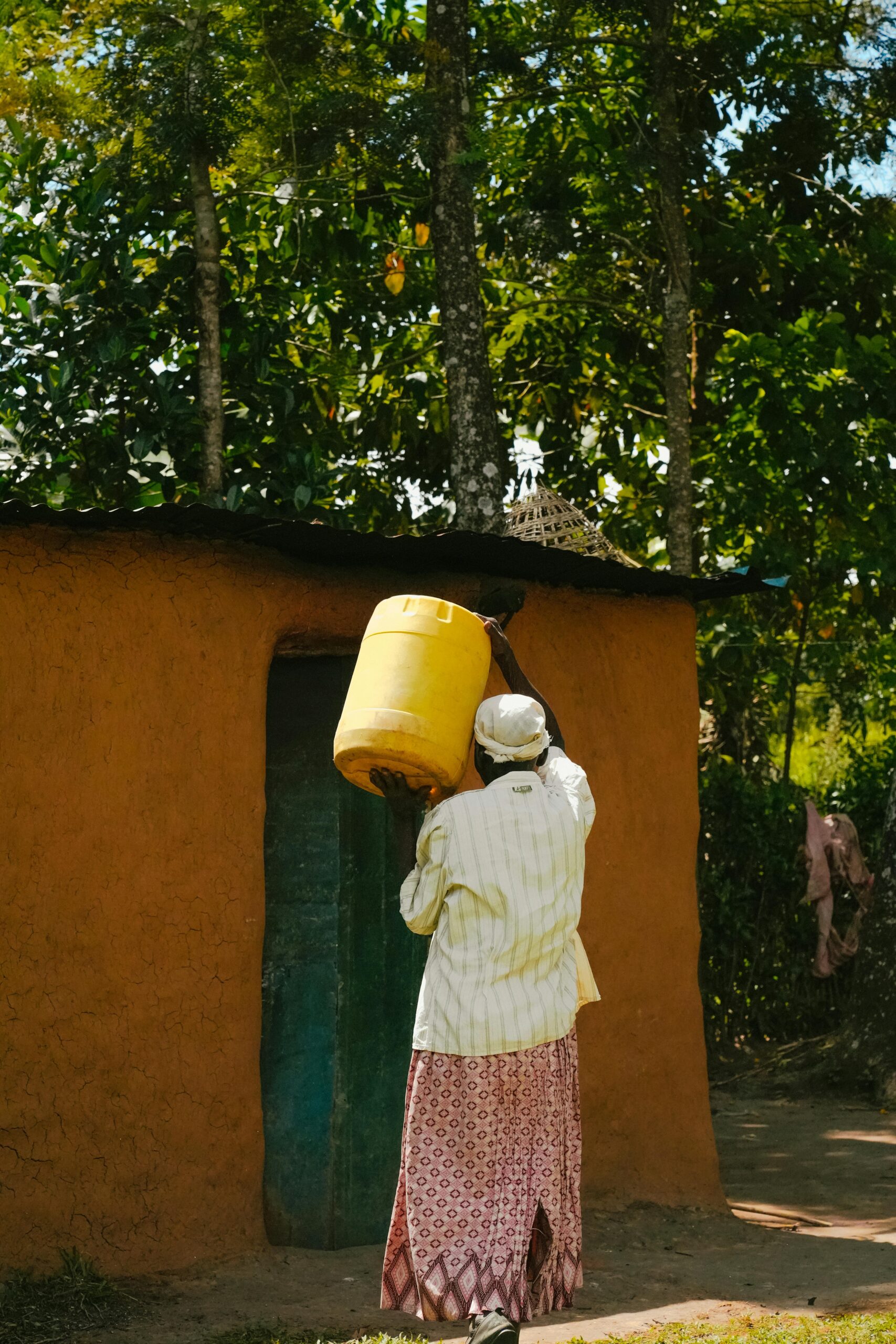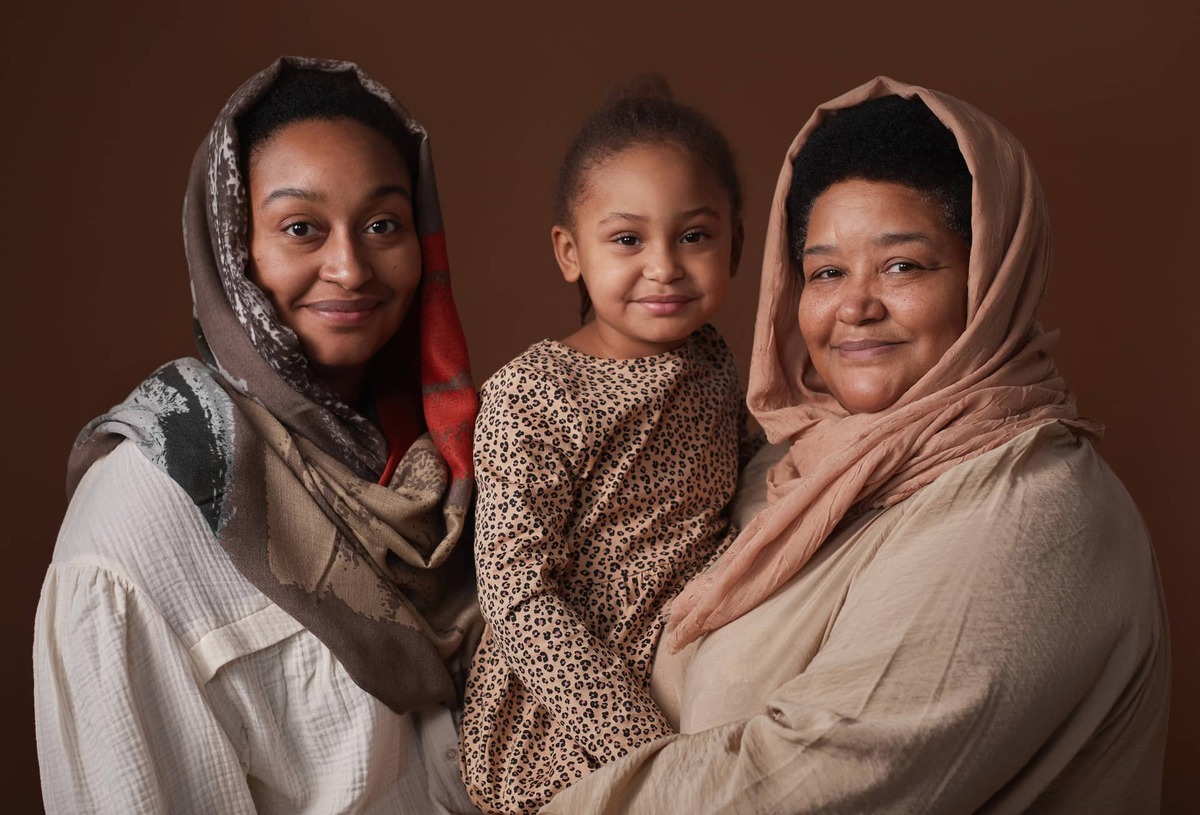February 19, 2022

By Houda Kerkadi
I come from the country of sentimental rai, a genre of music composed of melodic songs with lyrics that tug on the heart strings recounting beautiful love stories. I grew up and still am, on a healthy diet of these songs with low percussions and lyrics of singers promising they can’t live without their One True Love. This genre, which originates from Wahran, a city in Algeria, produced countless songs which gave Algerians their reputations of being unspoken sentimentals. With Cheb Hasni, the King of rai sentimental, promising he will die without his love, Cheb Khaled’s running to the train trying to find his lover Bakhta, or Cheb Mami who sings how he stays up every night thinking of Her. This genre underscores how central the theme of Love , more specifically romantic love is to Algerians culture and more generally North Africans.
As a twenty-two single woman, this is the second question I get asked most after how am I. In recent years, this is a topic brought up increasingly more in professional and personal contexts, with friends, amongst family, and even by my hairdresser. These interactions, if montaged together, repeat two questions: why are you single? and “what are you waiting for?”. First, this concept of treating romantic love as something with a deadline, is universal as time (among other things) is nearly always held over women like biological ransom. As such, the question “what are you waiting for” is a result of centuries of selling women a myth that if we don’t snatch up someone by the time we’re maximum 30, then there’s no chance for us to ever find love. What’s interesting is that these questions aren’t always asked by people I know; for the most part, this concern actually comes from virtual strangers in random contexts. When they ask variations of “Do you want me to set you up” “Have you not found someone” “You finished your studies, what’s next?”, I observe that we are a culture that does not comprehend and cannot even imagine lives that do not revolve around the search for a significant other. I realize that we don’t know how to deal with a single woman who is not searching for anything since a single woman should always be a woman-in-waiting.
These questions that we ask one another surrounding why we are single and my personal favorite “Tu vas finir avec qui?” (a question that not only implies that this is about race, but that the finish line is finding someone) makes sense in a larger context with how we have come to see the ideal life path.
In recent years, the idea of the ‘hustle’ has been popularized, especially among immigrant youth. The hustle: a capitalist phenomenon of working at all costs to make money in order to ‘make it.’ What’s problematic is that this is a philosophy that implores you to do this alone and rely on no one in order to be “authentic” in your success. While this has also resulted in great entrepreneurship and creativity among our communities, the attitudes of the hustle have inevitably increased the individualism, since we are told our success lies in how much we focus on ourselves. It’s not difficult to see why immigrant youth gravitate to this idea, since we are all on some level conditioned to be driven to find success at all costs.
Ironically, in the isolated hustle life, romantic love has its place. After you make your money, or prepare for ‘l’avenir’ (please listen to any rai song to fully appreciate this word), you find someone, it’s through this that you would have ultimately made it. This scenario is arguably familiar to every Algerian. While this attitude is typically viewed from the point of view of a man, women, too, are encouraged to adopt this mentality; albeit with studying and then finding someone (which is why questions of my singleness started coming at full force 0.001 seconds after I graduated university). Ultimately, pour finir avec quelqu’un, we are told to believe in a simple two step recipe, step 1: Make your money or finish your studies Step 2: Find someone and settle down.
It’s important to note, while this mentality is typically considered an archaic mentality of our grandparents or even our parents, this two step formula of viewing Love as ‘making it’ is still increasingly popular among our generation. However, instead of ‘finding someone’ being seen as a necessary step for starting a family as it was back in the day, our generation sees it as a way of being fulfilled. And while I am focusing on Algerians, this mentality is not exclusive to us, since equating finding a partner to a successful life is part of a larger global idealization of romantic love.
Our modern understanding of ‘the one’ is sold to us as a person who can complete us, tapping into an innate need as humans to find out who we are. We are told when we find this person, this other half, we will come to be understood in a way we even cannot understand ourselves. We are told to find ourselves through our ‘better half’ and with the depth of their love, they will finish, no, predict our next sentence. In every era, culture or civilization, what remains a constant for humans is our desire to come unfiltered and still be accepted in spite of our flaws. This is why this idea of a romantic partner continues to be so attractive to us despite our age of social media embellishments and masked realities.
This is magnified when we naturally hesitate to fully express our needs, wants, anxieties and the inner workings of our minds, so when a mixture of capitalist attitudes and culture presents to us a version of a romantic partner so attuned to our being, we come to see this as the solution to becoming fulfilled. We are told to focus on ourselves from a capitalist, materialistic perspective and then wait for our ‘other half’ to give us meaning in our lives and ‘accept’ us and our flaws. Even the line “no one will love you until you love yourself, sells the idea that the reward of self improvement is a partner. With this, the search for Love becomes borderline obsessive since we see it as a solution to a very real, very distressing, and very constant problem of trying to find meaning in our absurd age.
It’s with assigning so much importance to romantic love that our problems begin. First, while we all wait for someone to fully understand us, we fail to nourish other types of relationships, as Love for our friends, family and community pale in comparison to the idea of our one great Love. Even if we don’t necessarily have a great network, we fail to dedicate time or energy in cultivating it in other ways since we do not recognize its importance and necessity when compared to the promise that we will one day find someone who will come to replace all these relationships. Second, even if we do have great relationships, our understanding of romantic love as the only sustainable bonds we will have makes it so that other relationships, especially friendship, are transitory and stand in until we find our one true Love. Lastly and perhaps most depressingly, when we see romantic love as a natural next step and we reach a certain age or stage of life and we have yet to “find” someone, we believe that we have, on some level, failed and the flaw is within us. Ultimately, it’s this which serves as pressure for so many women to pursue relationships at all costs, even ones that do not serve us since the idea of the flaw inherently being in ourselves is so powerful when reinforced by cultural and societal pressure. When we are told to spend more time searching for our other halves than for ourselves, we create generational consequences in our ways of being as women.
Furthermore, It does not escape me that we are currently living in one of the most divisive eras in history and this does not surprise me since we don’t know how to properly love. Specific to my community, I find it ironic we have such a strong presence everywhere we go however we do not build sustainable communities to support one another. I always question myself how many of us know our neighbors, or talk to them, or even help them out. Do we know who lives on our street when we have neighborhoods dedicated solely to our people and to know each other is not enough. If we have love for the homeland down to an art form, why can’t we do this for our people?
I think the problem and solution lies in what we consider to be Love. Our current definition of the word Love is muddy, with conflating definitions restricted to romanticism. So it should not surprise us when our use of it is borderline sloppy and ironically stingy.
Centuries ago, Ancient Greek philosophers, who always seem to be ahead of us, split up the word love in 7 different ‘parts’, since, to them, it didn’t make sense for the concept of love, as grand as it was, to be limited to a singular definition. The main three parts were Eros, Philia and Agape.
Eros is physical attraction, encapsulating all feelings of lust and desire. Philia, a concept defined reductively in the English language to friendship but also encapsulates affection, virtuous, loyalty (Philia was actually considered the highest form of love according to Plato). There can also be Agape, a term typically used in religious contexts, and is understood to be charitable Love, a Love despite flaws and imperfection. Agape is entirely unselfish and can also be understood outside the realm of religion and philosophy as a love for your community.
If we were to (rightfully) take our directions from the Greeks then we would truly understand the multifaceted nature of love. We would see how each part of love deserves it’s own commitments and valorization . While we do not have to ‘love’ everything per say, we cannot simply love one way either. We can choose to recognize the different types of love as all important and all very necessary to our wellbeing as humans. It never made sense for the word love to be reserved for our partners when in reality, it was always too great and profound of a concept to be embodied by one person. More importantly, we can come to understand that every love has its own season and should not be rushed or forced. We can all collectively relax and take a breath and realize not having romantic love does not mean our lives are meaningless since we are surrounded by other love. We can start to explore who we are without the stress of searching for the rest of ourselves.
Since I started thinking about this nearly a year ago, a statistic that stays in the back of my mind is that we are currently living in the era of the highest percentage of divorce. The prevalence of unhappy marriages I hear about anecdotally among Algerians is borderline depressing. Maybe we can attribute this to the fact that people do not feel pressured to stay with a spouse, since there’s not nearly as much stigma with divorce as there was before, or people have more options or maybe sometimes we simply choose wrong. But I always wonder to what extent it is because we don’t know how to properly love, that we assign our hopes, our dreams and happiness to one person, and then are left predictably disappointed when they cannot provide us with everything we hoped for.
I will always truly believe that Love in its essence, is a beautiful and powerful thing. It has a unique quality of being found everywhere and anywhere, if you know how to look. For me, it’s in my playlist of rai sentimental songs that keep me company on my way to work, it’s in the three hour brunches with friends on Sunday morning, it’s in my calls with family back home, it’s when I got lost in downtown Montreal and whispered where am I to myself and a woman answered back with the street and intersection, it’s in working hard to make my parents back home proud. It’s through viewing Love as such, that it serves as a constant source of hope for me despite the troubling times we live in. Love is not a lifelong pursuit nor a final result, it is a tool and a way of persevering on this earth, and it is when we can see it as such that we can truly understand the meaning of life.

Houda Kerkadi
Writer
Images credits:
Model: @oliviasang_
Photography: @michaeloliverlove





